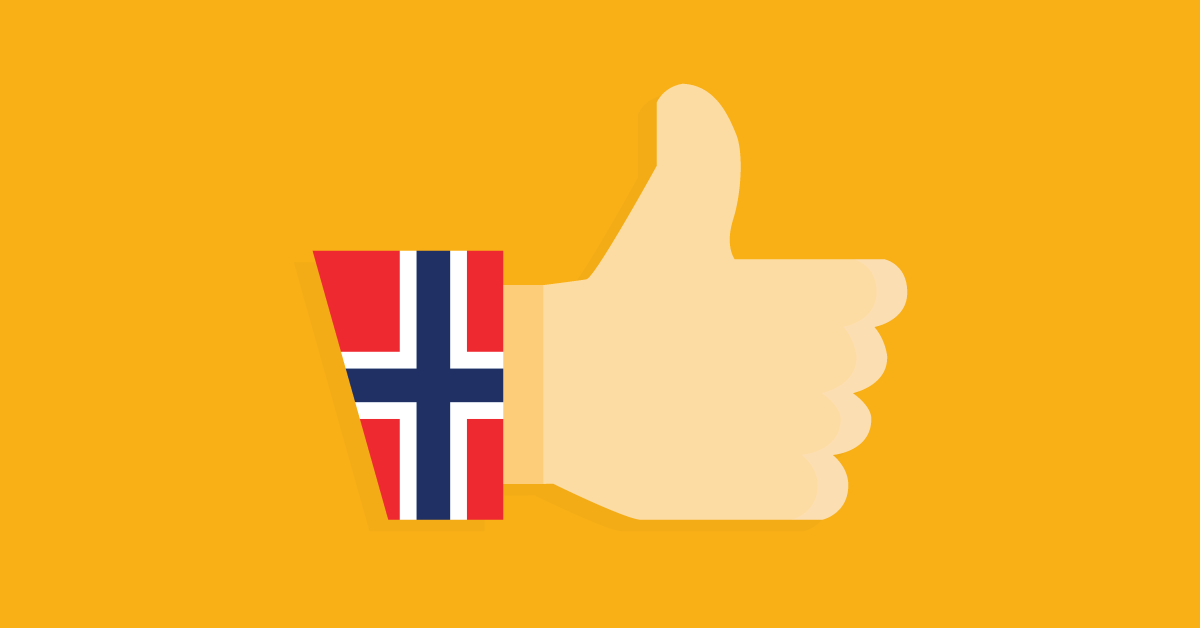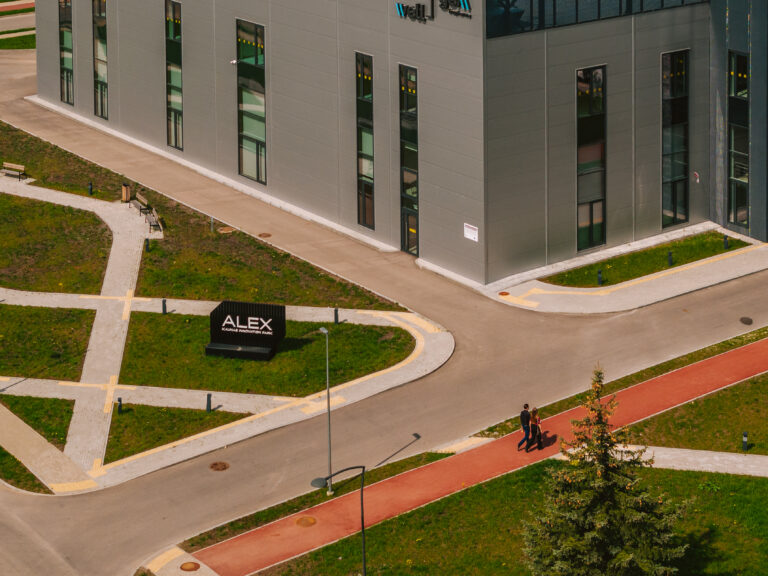Since 2008, Norway’s foreign direct investment in Lithuania has seen a more than twofold increase and in 2013 reached over EUR 770 million. Norwegian companies such as Storebrand, Lindorff and Kitron have been successful in Lithuania. Why do Norwegian companies choose Lithuania?
Norwegian journalists have estimated that an employee in Vilnius costs about five times less than an employee in Oslo. However, this is not the only reason Norwegians invest in Lithuania.
The portal DELFI talked with Dag Malmer Halvorsen, the Ambassador from Norway to Lithuania, about the business environment in Lithuania and differences in working conditions in Lithuania and Norway.
[quote text=”Lithuania is a country with a good business environment. Lithuania is one of the leading countries in terms of investment friendliness. The overall conditions for setting up a business here are good. Norwegians feel welcome here and our investment is expanding in many sectors.” name_surname=”Dag Malmer Halvorsen” description=”Ambassador from Norway to Lithuania”]
– So why do Norwegians choose Lithuania? Is it just because of low wages?
– Lithuania is a country with a good business environment. Lithuania is one of the leading countries in terms of investment friendliness. The overall conditions for setting up a business here are good. In addition, Norway is close to Lithuania and we have good transport links. The only thing that separates us is language. Despite this factor we have a lot of similarities. In addition, you have a highly skilled labour force in Lithuania, while wages, compared with those in Norway, are lower.
So, an educated labour force and low wages are an attraction to investors.
We also have good relations between the governments of Norway and Lithuania. Norwegians feel welcome here and our investment is expanding in many sectors.
We can see that a lot of Lithuanians have the basics of Scandinavian languages, which is also attractive for Norwegian investors.
– You’ve mentioned differences in language. The Norwegian investor Storebrand has recently opened a training centre where, before starting work, Lithuanians are taught some Norwegian and Swedish. Doesn’t this increase the cost of investment too much?
– I believe that they have calculated that their investment will pay off. Of course, investors face a challenge—they need educated people and, certainly, those who know the language. Although studies of the Norwegian language are very popular, there isn’t a sufficient number of people in Lithuania who speak the language to fill all job vacancies. It takes time and costs money for companies. We can also see that the number of potential employees with the knowledge of Scandinavian languages is limited, people with a knowledge of languages are free to change jobs quickly.
– It is often said that Estonians wish to be considered Scandinavians rather than be part of the Baltic countries. How do Norwegians view the inhabitants of the Baltic countries?
– First of all, the Baltic region is seen in Norway as a single place rather than as individual countries. The longer I am here, the more I see that the countries are in fact different.
Estonia, Lithuania and Latvia have different histories, languages and cultures. In this respect, I think that Lithuania is most similar to Central Europe. On the other hand, the Baltic countries are perceived as those located close to the Nordic countries. Foreign ministries have now decided to establish a Nordic-Baltic section which will demonstrate such political proximity.
– Lithuanian emigrants who go to work in Norway are often commonly perceived as those doing only unskilled work. What do you think about that?
– Why do Lithuanian employers today find it increasingly difficult to find skilled labour? Because many went abroad. Of course, this is due to the wage gap, but wages are increasing and will increase here too. We already see emigrants coming back.
In addition, it isn’t only unskilled work that Lithuanians do in Norway. They are spread across Norway and do different jobs. To the best of my knowledge, there are about 55,000 Lithuanians in Norway.
– Does Norway also face the problem of ageing of the population and depopulation?
– Norway doesn’t have demographic problems. We have one of the highest birth rates in Europe. We also have high immigration not only from Europe but also from Asia, Africa and Latin America.
– In the wake of the discussions regarding the proposed new Labour Code in Lithuania, can you compare working conditions in Norway and Lithuania?
– Employee rights are protected well enough in Lithuania. I think the main difference is that in Norway we have shorter working hours and longer vacations. This is probably attractive to investors.
In Norway we have 25 working days of vacation (excluding weekends), so it is five weeks of vacation. We have 37.5 weekly working hours.
However, I think the main difference is not the working conditions, but wages.
– How many Norwegian companies are currently interested in investing in Lithuania?
– We know that today there are 202 Norwegian capital companies in Lithuania. There are also several companies interested in business conditions in Lithuania.
There are 202 Norwegian capital companies in Lithuania, of which 94% are active in the country and employ more than 11,000 specialists in various fields. Their aggregate turnover in 2014 amounted to more than EUR 1.5 billion. Most Norwegian companies are industrial plants set up in outlying regions and service companies mainly based in Vilnius. While service companies account for only a third of the Norwegian companies in Lithuania, their share of the turnover is as high as 48%.
The year 2014 was successful for the Klaipėda Free Economic Zone. It signed two contracts with Norwegian companies: Hugaasgruppen will invest a total of EUR 10 million in a metal processing plant currently under construction, while Advantec plans to invest EUR 5 million in the manufacture of equipment for oil and gas drilling. The electronics company Jotron opened a new plant in Kaunas, which cost EUR 2.7 million to build. The Norwegian credit management company Lindorff entered the Lithuanian market by opening a services centre in Vilnius, while the insurance company Storebrand, which was already operating in Lithuania, opened an IT centre. Such companies as the oil giant Statoil, DNB Bank, the wood flooring factory Boen, the electronics manufacturer Kitron, the insurance company Gjensidige Baltic, the retail chain Narvessen, the IT company Atea Baltic, the producer of interior systems for ships Norac, and other companies are among the largest Norwegian capital companies in Lithuania.
The FDI in Lithuania in 2013 was EUR 353.28 million, which was 35% less than in 2012, when it reached EUR 544.79 million. Despite this overall decline, Norwegian investments remained stable and amounted to EUR 12.16 million, which accounted for 8.4% of total investment and was the fifth largest foreign investment in Lithuania.
Read full article in Lithuanian at delfi.lt













